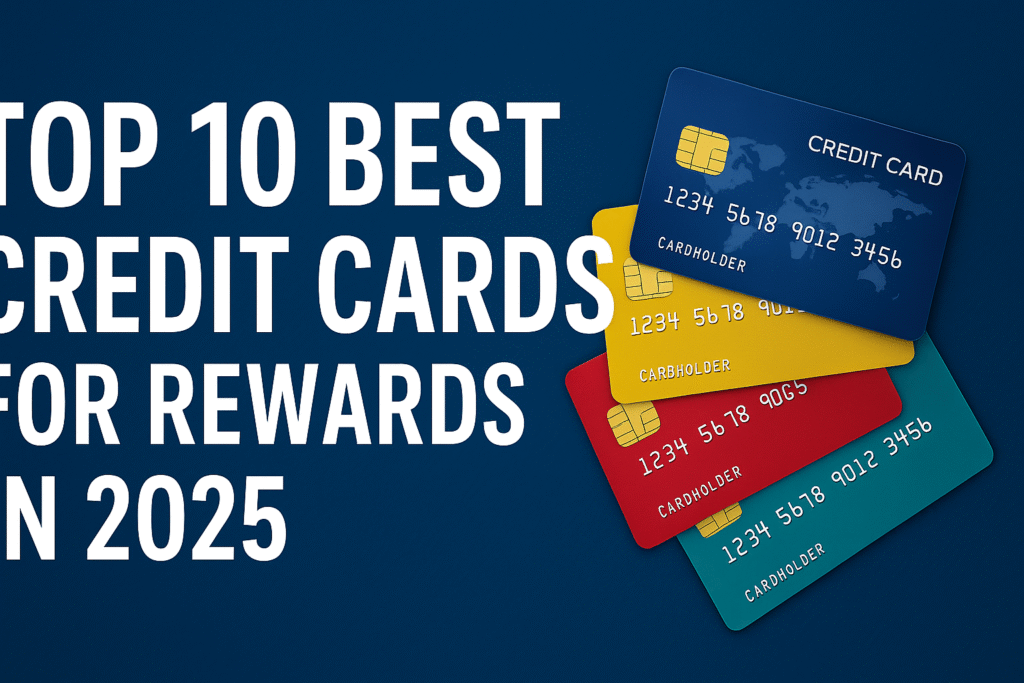Posted inFinance
Top 10 Best Credit Cards for Rewards in 2025
When it comes to maximizing your everyday spending, credit card rewards can be a game-changer. But not all cards are created equal — some offer generous cashback, others provide travel…









